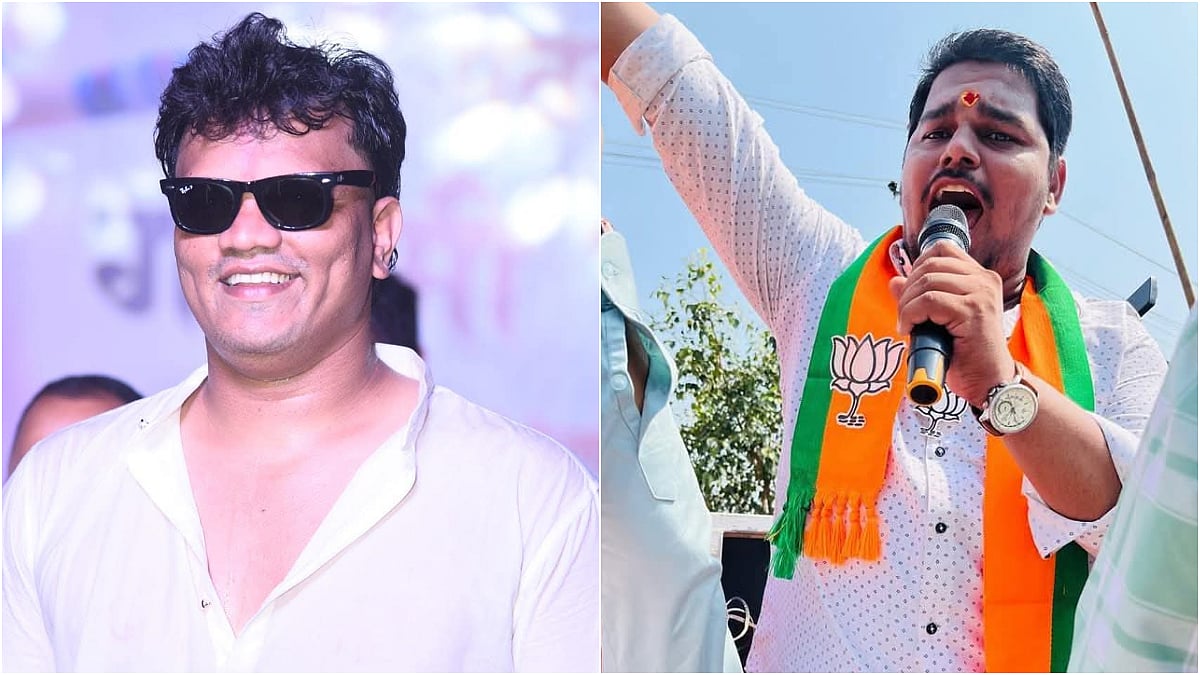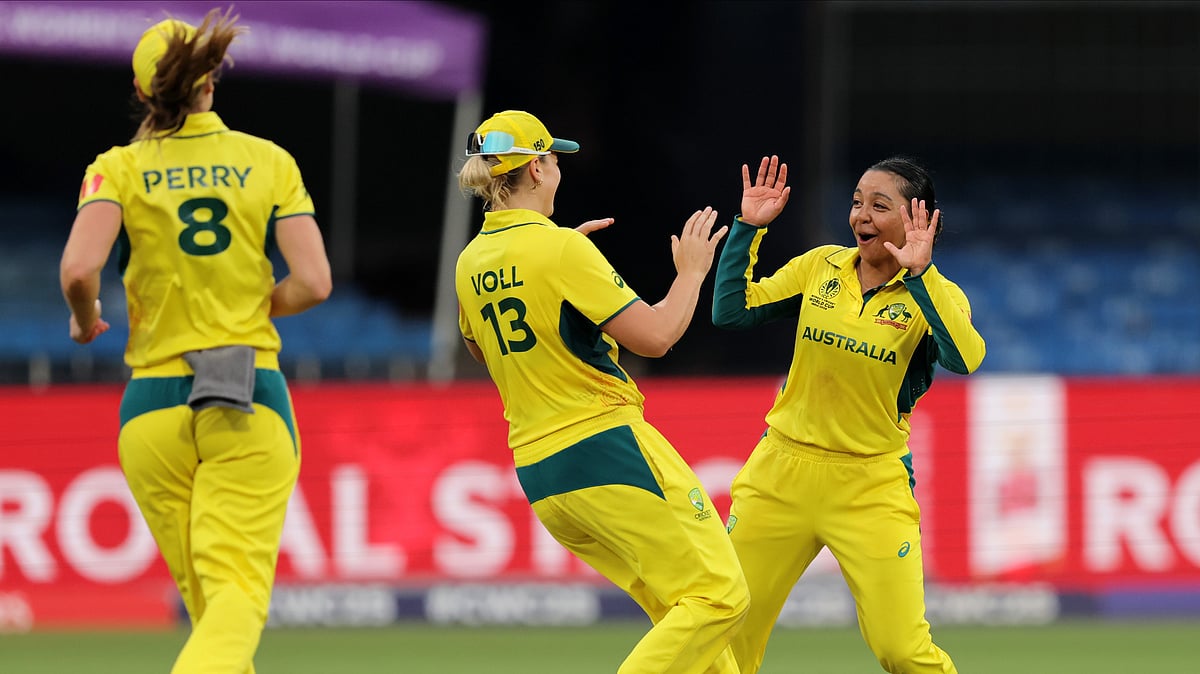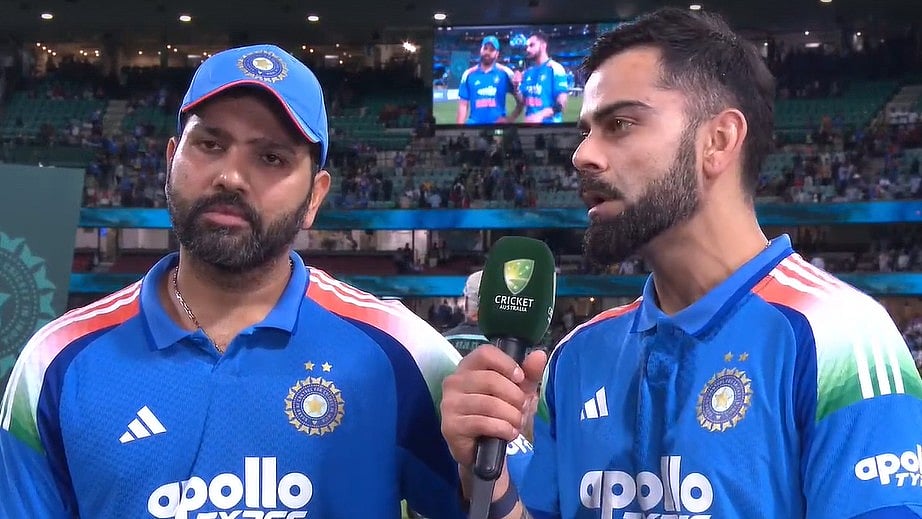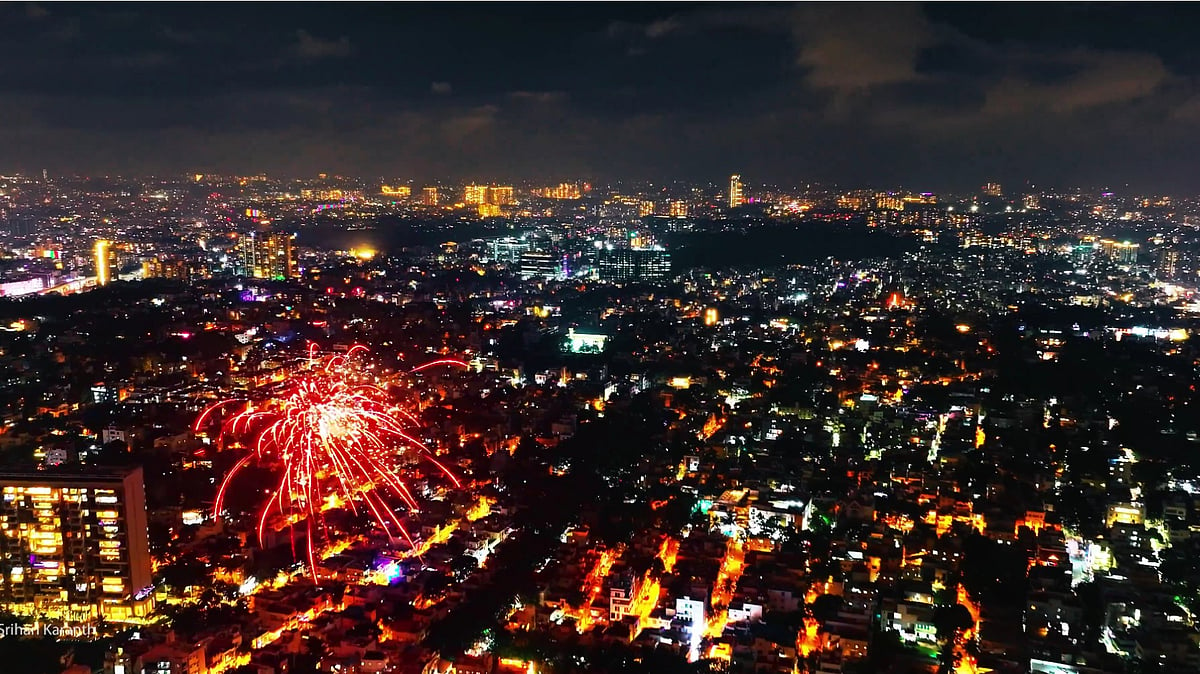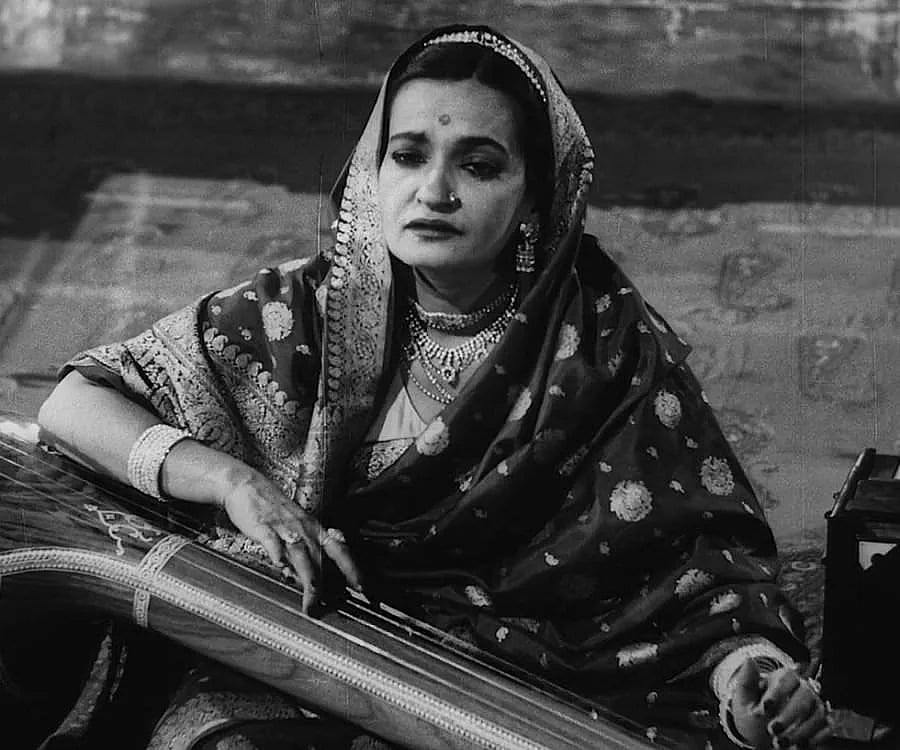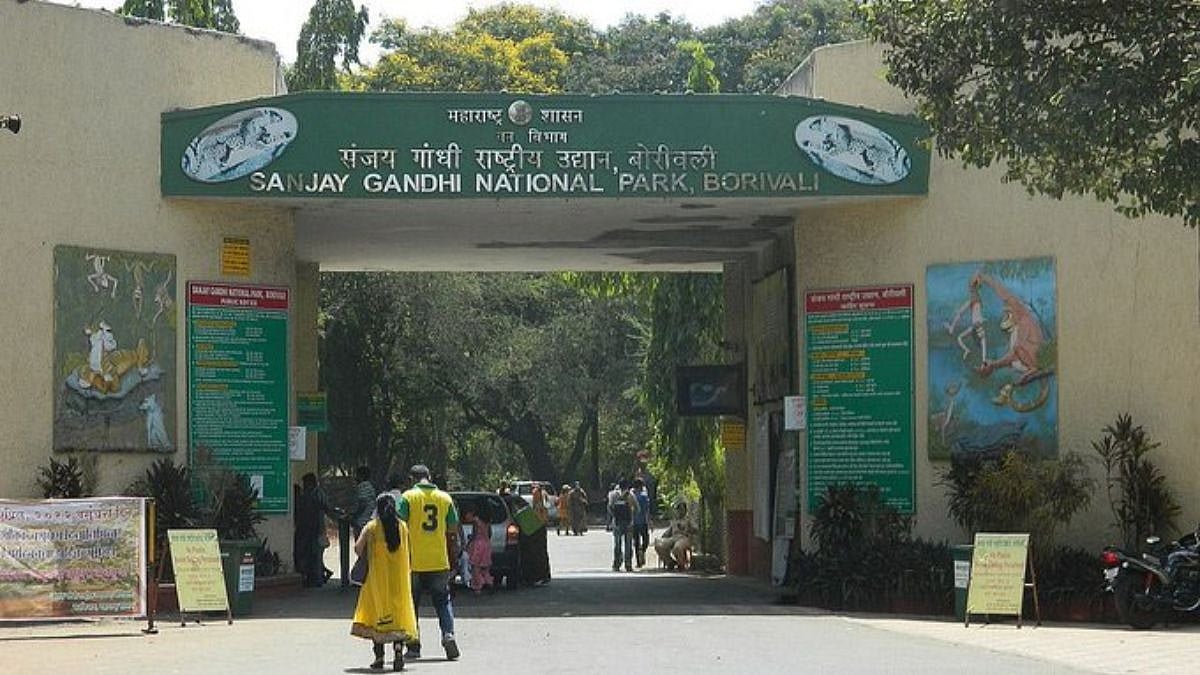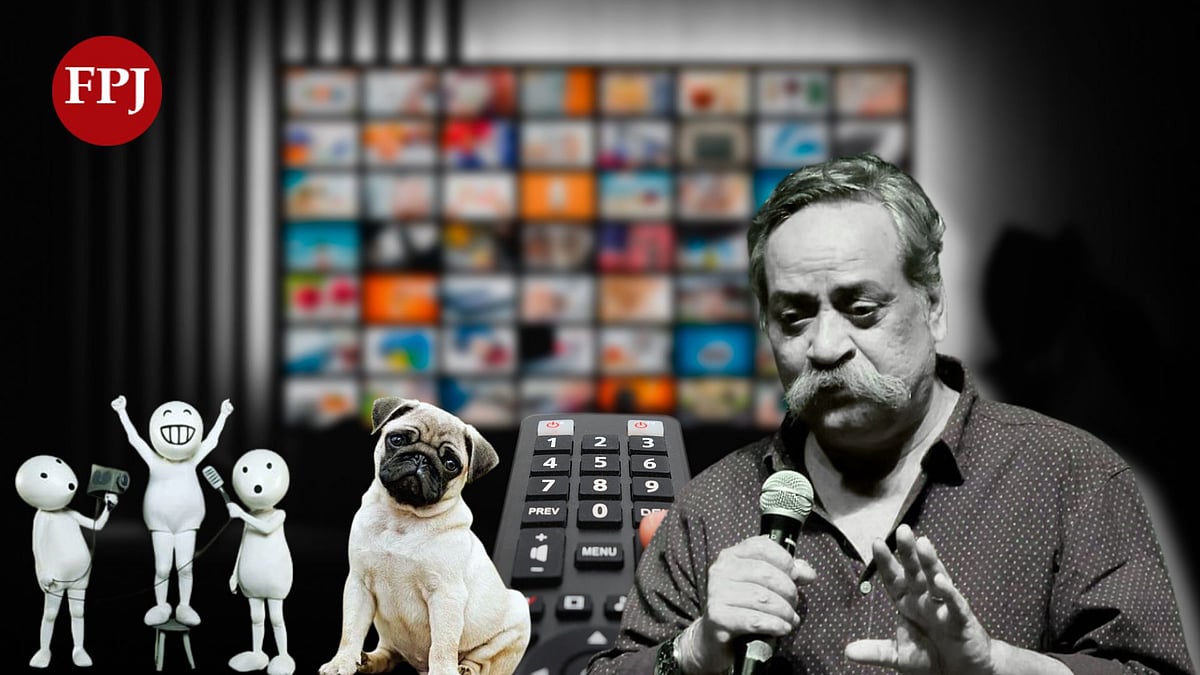The spokesperson of the U.S. Administration could not be faulted for saying he did not know what the BBC documentary on Prime Minister Narendra Modi depicts. All he knew was that the two countries share many values and have a deep and abiding strategic relationship.
He could not have put it differently, for it is not his Government’s policy to comment on what the media says about the leader of another country. However, the same cannot be said for how the Government of India has been responding to the first part of the documentary that was shown and the second part, which is yet to be released. It has already got the documentary removed from some social media platforms using its political clout. It has also been accusing the BBC of displaying a “colonial mentality” and even recalling what is derisively called the “white man’s burden”.
In doing so, the Government has forgotten that a few years ago, the same BBC had, in a documentary on the Bengal famine, blamed the British leadership, especially war-time Prime Minister Winston Churchill, for the death of tens of thousands of poor Indians. For the first time, the BBC was underlining what Indian scholars, including Nobel laureate Amartya Sen, had been writing about the Great Bengal Famine. Surely, it could not have been the “colonial mentality” that guided the BBC to do so? In any case, why should the Government be paranoid about a documentary which is a journalistic peep into what happened at Godhra in 2002 and the events that followed in which over 1,000 innocent people were killed? How could the BBC team be blamed if it sought to fix the responsibility for the killings? That no such attempt was made in India is no reason to target the BBC.
It was only recently that Home Minister Amit Shah claimed that the “rioters” of Gujarat were taught such a good lesson that their problem had been sorted out once and for all. Who did not know that he was claiming credit for the 2002 anti-Muslim pogrom and seeking votes on that basis? So, why should anyone be upset that the BBC is giving due credit to those who taught the “rioters” a lesson? Just because the Supreme Court has given someone a clean chit, does it mean he is lily white? Is no one guilty of demolishing the Babri Masjid in wanton violation of all established laws of the country and the promise given to the apex court to protect the structure? And what about the innumerable cases of massacres like those in Bhagalpur in 1989 and Nellie in 1983 where the guilty have not been identified, let alone punished?
Unlike the BBC, India is guided by the Upanishadic dictum, satyameva jayate nānṛtaṃ, which means “truth alone triumphs; not falsehood”. When the mantra was adopted for the national emblem, the last word was dropped for brevity, but the nation stands committed against falsehood. It is, therefore, in the nation’s interest that falsehood should not triumph. The BBC documentary can be subjected to all kinds of scrutiny for reasons of accuracy, but to ban it even before the whole of it is shown and seen by the people does not show the Government in a good light.
In Britain, Prime Minister Rishi Sunak was fined by a traffic constable for not wearing the seat belt. In the U.S., the White House was searched by a law enforcement agency to check some records. These incidents are unrelated to one another but they do tell a lot about the way democracy is practised in those countries. It is in the nation’s interest that the truth should come out, be it about the Gujarat riots of 2002 or the anti-Sikh riots of 1984. More so when the Government went out of its way to promote a film on Kashmir, which was wholly one-sided and which glossed over many aspects that showed terrorism had no religion and its victims are always the weak and the vulnerable, irrespective of caste and creed. Only those who are afraid of the truth seek to silence the truth-teller.

